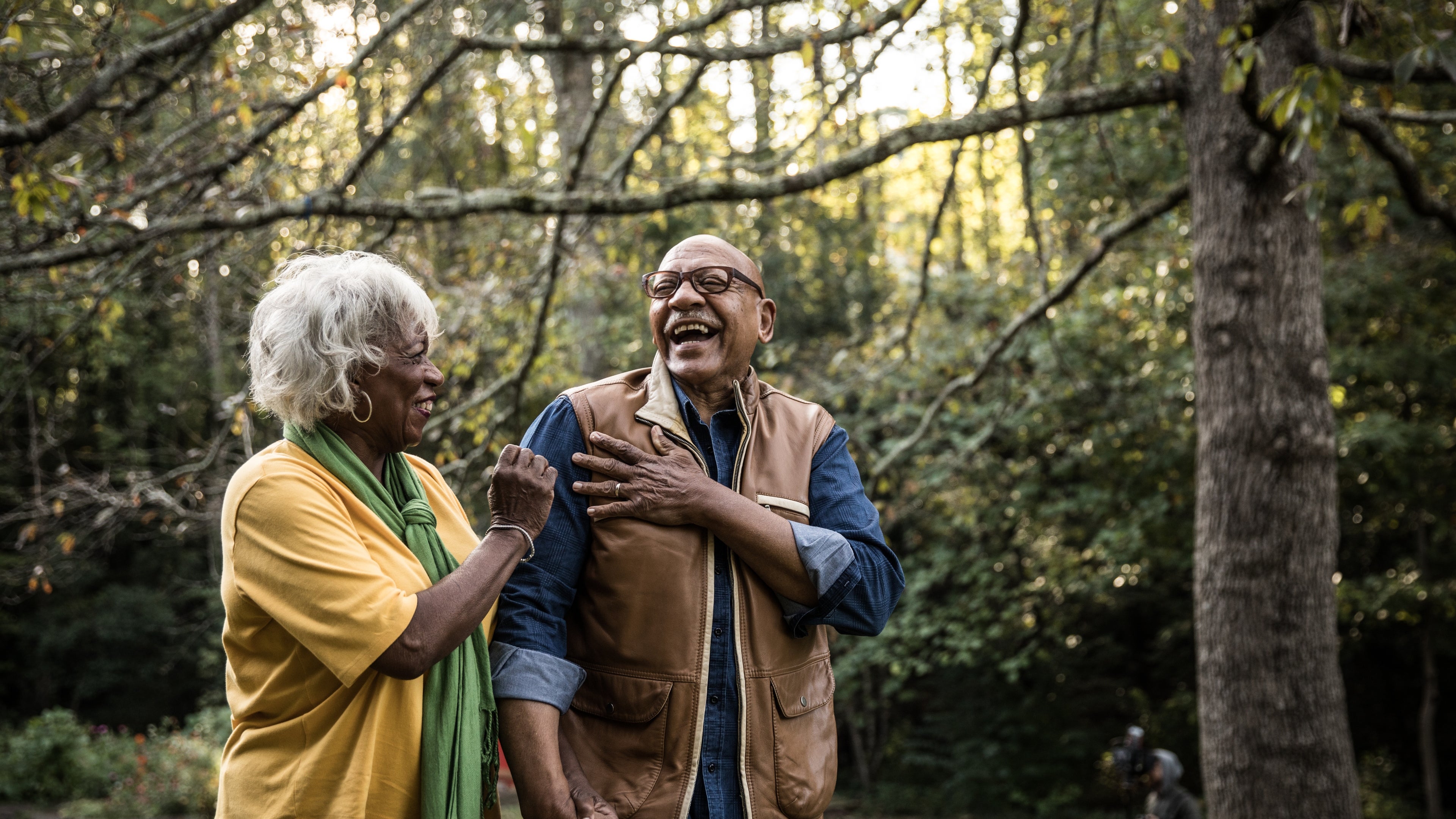Getting a mortgage at a young age: Can and should you do it?

Key takeaways
- If you want to buy a home at a young age, time might work against you if you haven’t yet built credit or you’re just starting a job.
- Renting won’t help you gain equity like homeownership does, but it also gives you the freedom to move more easily, without needing to sell a home.
- There’s no way to time the market. If you wait to buy a home, it’ll likely cost more, but you’ll also have more time to grow your income and savings.
If you’re just entering the working world or starting college, buying a home might seem like a far-off goal. It isn’t impossible at a younger age, however: Four percent of homebuyers last year were between the ages of 18 and 23, according to the National Association of Realtors. Here’s what to think about if you’re considering getting a mortgage at a young age.
Are you too young to buy a house?
The clearest answer depends on whether you’re financially prepared for a mortgage and homeownership.
Say you’re 20 years old. At that age, you’d most likely be a first-time homebuyer. (You’d also be a lot younger than other first-timers: The median age of a first-time buyer is 35, according to the National Association of Realtors.)
That doesn’t mean you can’t qualify for a mortgage. To successfully apply for a loan, homebuyers have to be at least 18 years old — the age of majority when entering a contract — and meet the eligibility requirements around credit, debt, income and down payment. By law, mortgage lenders can’t discriminate based on age.
As a first-time buyer, the loan requirements might be easier to meet, thanks to the many more affordable first-time buyer programs.
There’s also a minimum employment standard — but that might not trip you up if you can sufficiently explain shorter stints or plan to enter a profession with a higher earnings outlook.
“Lenders usually like to see at least two years of steady employment, but if you’re new to the job market or recently changed jobs, don’t worry,” says Alex Shekhtman, CEO and founder of California-based LBC Mortgage. “They also consider your education and future income potential.”
Even if you’ve been working for the past couple of years, your bank account or wages might still need more time to grow. As of the first quarter of 2024, the median weekly earnings for full-time workers between the ages of 20 and 24 were $757, according to the U.S. Bureau of Labor Statistics. Compare that to the overall median of $1,139.
Time might be on your side in some cases, however. If you’re younger, you might not have as much — or any — debt. That could help you qualify for a mortgage with a lower income.
Questions to ask before buying a home at a young age
Homeownership is a marathon, not a sprint.
— Alex Shekhtman CEO & Founder, LBC Mortgage
1. Can you predict the future?
When you’re young, your path can take many directions, and often changes quickly. If you buy a home, will you be able to live in it long enough for it to make financial sense — or at least recoup your closing costs?
If you own a home, moving becomes a lot more challenging, as well. Aside from preparing the home for sale, finding a buyer and organizing a move, you’ll also pay for real estate agent commissions, plus transfer taxes in some states.
If interest rates rise by the time you move, that could make it even harder financially to uproot. You’d be ridding yourself of a relatively cheaper debt for another higher-cost loan or a rent payment that could rise over time.
Bottom line: If you don’t have firm plans now, it might be better to wait to buy a home until you’ve settled more in your career, relationship or other areas of your life.
2. What does your credit look like?
The higher your credit score, the better your odds of getting approved for a mortgage. If you’re young, though, you might need more time and experience using credit.
“For young buyers, especially those in their mid-20s, building a solid credit history before applying for a mortgage is key,” says Shekhtman. “Start with a credit card, using it wisely by making small purchases and paying off the balance each month. This shows you can handle credit responsibly. Another option is to become an authorized user on a trusted family member’s credit card, which can boost your score thanks to their good payment history.”
That’s not to say you can’t get a mortgage with low or bad credit. Some lenders, such as Churchill Mortgage, offer special no-credit loans for borrowers who can prove creditworthiness in other ways, like a solid rent payment history.
In these circumstances, it can help to work with a mortgage broker. These professionals typically have relationships with more than one lender, so they can match you with an appropriate loan based on your credit.
3. What can you stop spending money on?
If you’re set on buying a home, take a closer look at discretionary expenses. If you can cut spending, you might be able to save enough for a 3 percent down payment, the minimum for a conventional mortgage.
“These are the costs associated with eating out in restaurants, vacations and new clothing,” says Fred Bolstad, head of Retail Home Lending at U.S. Bank. “These you can eliminate and put away into savings for a down payment. Work to refrain from purchasing big-ticket items such as cars and furniture.”
4. Are you eligible for down payment assistance?
There are numerous down payment assistance programs to help low- and moderate-income homebuyers, including those early in their working lives. This could help you get into a home sooner if you don’t yet make a lot of money or have much savings.
The process looks something like this: You’ll work with a participating mortgage lender to get a 30-year loan and the assistance, packaged as a grant or some type of second mortgage. If it’s a second mortgage, you’ll either:
- Repay the money in monthly installments over the loan’s term (or the remaining balance in full if you move sooner than the term’s expiration)
- Have the loan forgiven if you stay in the home for a certain number of years
With a grant, you won’t need to repay the money at all.
Keep in mind, though: If you get the second mortgage, you’re adding to your debt load. This means that if you need to move — a real possibility in your 20s — you’ll repay the outstanding 30-year mortgage and assistance amounts out of the proceeds of the sale of your home. Ultimately, that cuts down on profit you might need to buy another home, invest in your education or meet another financial goal.
5. Do you have access to family help?
Some homebuyers aren’t doing it all on their own: Fourteen percent of homeowners in the Bankrate survey received a gift from family or friends to help with the down payment and closing costs. If you’re fortunate enough to receive a gift, that might compel you to buy a home sooner rather than later.
6. Can you afford home maintenance and other costs?
When you buy a home, you’re not just paying your mortgage. The major perk of renting is that the landlord needs to cover the cost of a clogged sink, a broken washing machine and other repairs. When you own your home, all those expenses come out of your pocket. (In a separate Bankrate analysis, 19 percent of homeowners took on debt to cover these types of costs.)
As a general rule, you’ll want anywhere from 1 percent to 4 percent of your home’s value set aside for maintenance and repair costs every year. If you can’t afford that on top of the mortgage and other bills, consider waiting to buy a home until your income or savings increase.
If you’re buying a condo — as many first-time buyers do — you’ll likely pay homeowners association fees, too. These can range from less than $100 to several hundred dollars a month.
Bottom line
If you realize you’re simply not ready to be a homeowner, that’s OK. Focus on finding an affordable rental unit where you can enjoy being a twenty-something without breaking the bank, and strive to keep your debt load as low as possible.
Additionally, use your time as a renter to think about what you’re looking for in a property and location.
“Homeownership is a marathon, not a sprint,” says Shekthman. “Take steady steps, and build a solid foundation to reach your goal, even if you’re just starting out.”
Why we ask for feedback Your feedback helps us improve our content and services. It takes less than a minute to complete.
Your responses are anonymous and will only be used for improving our website.







